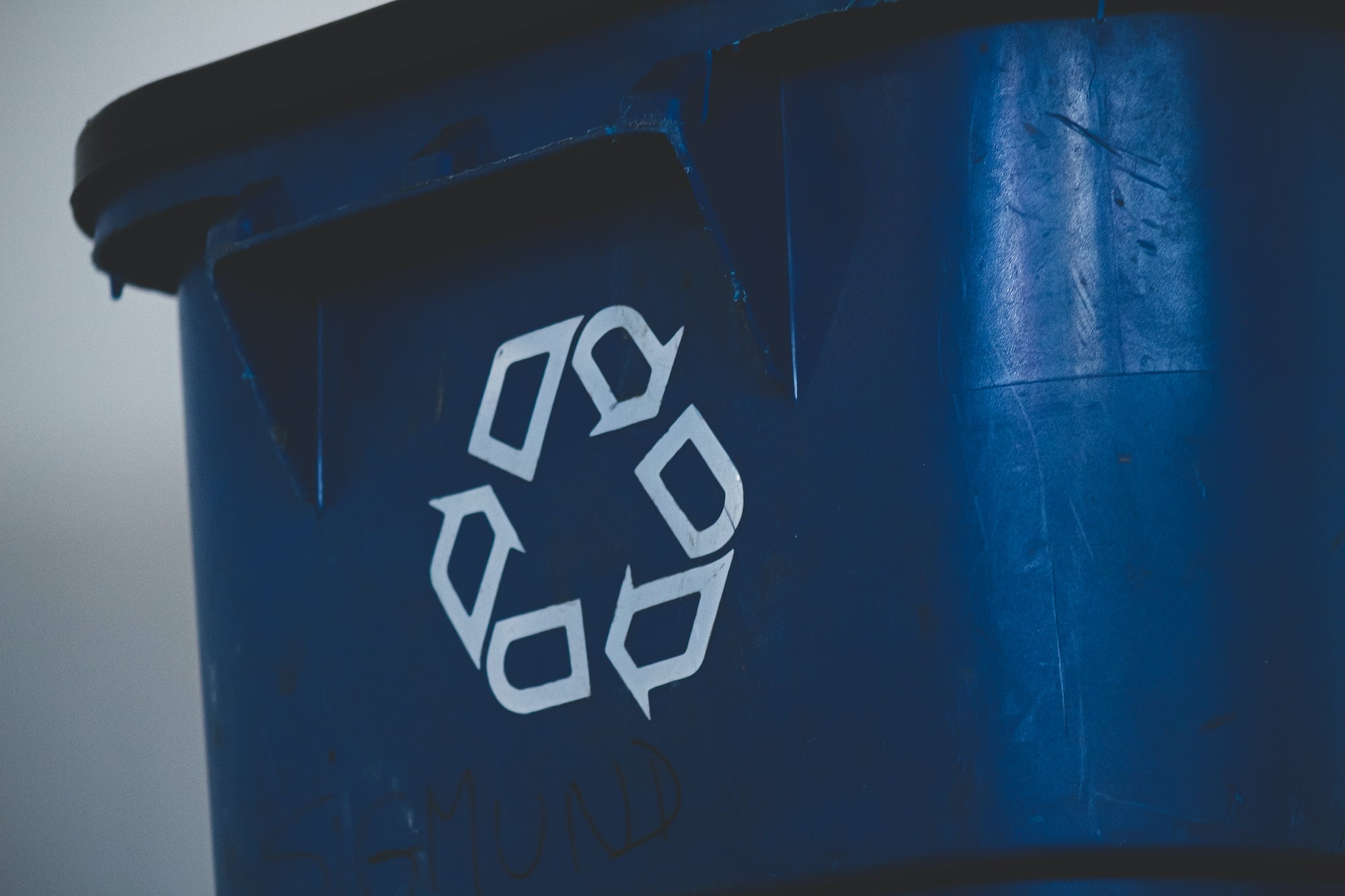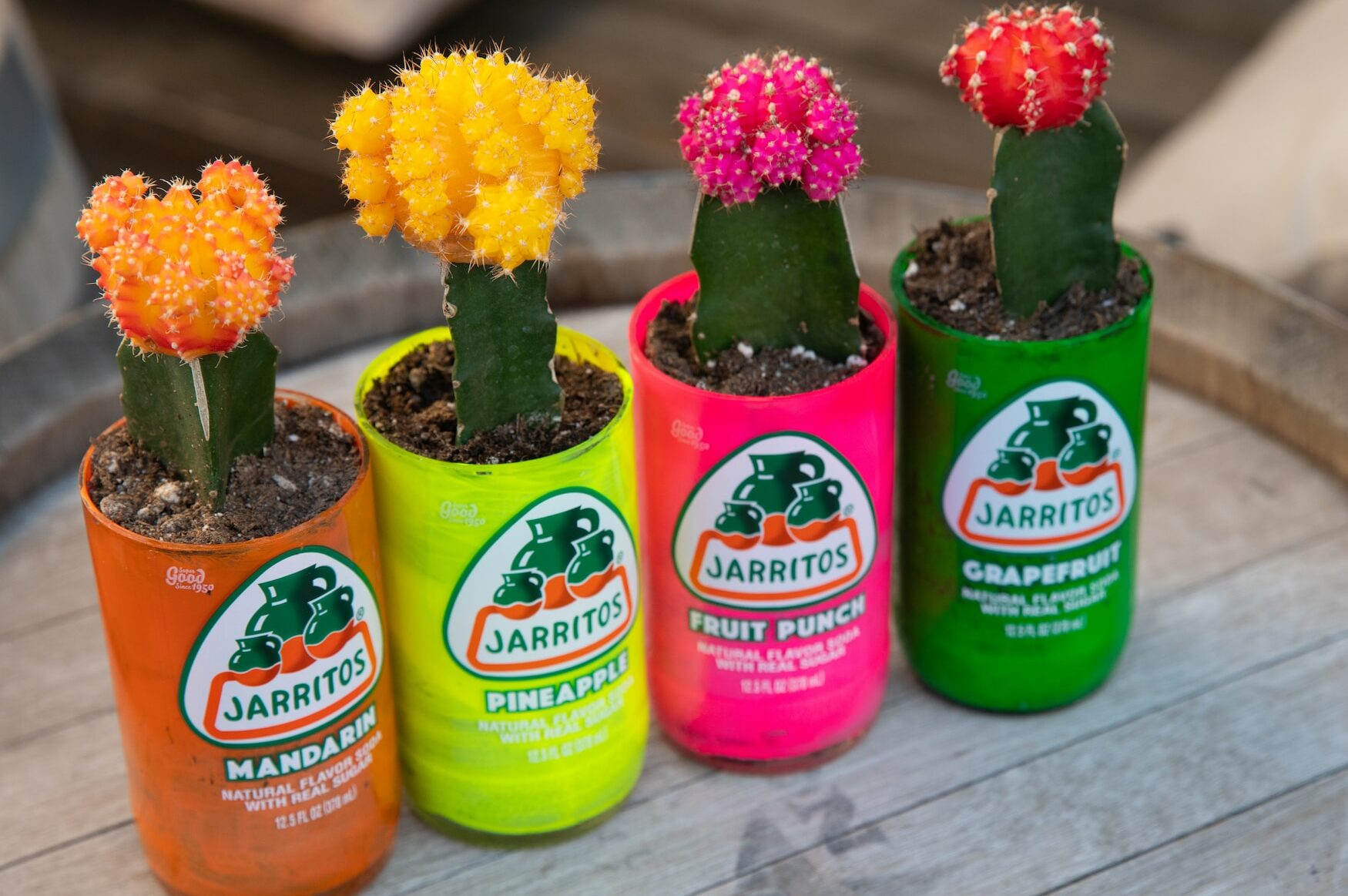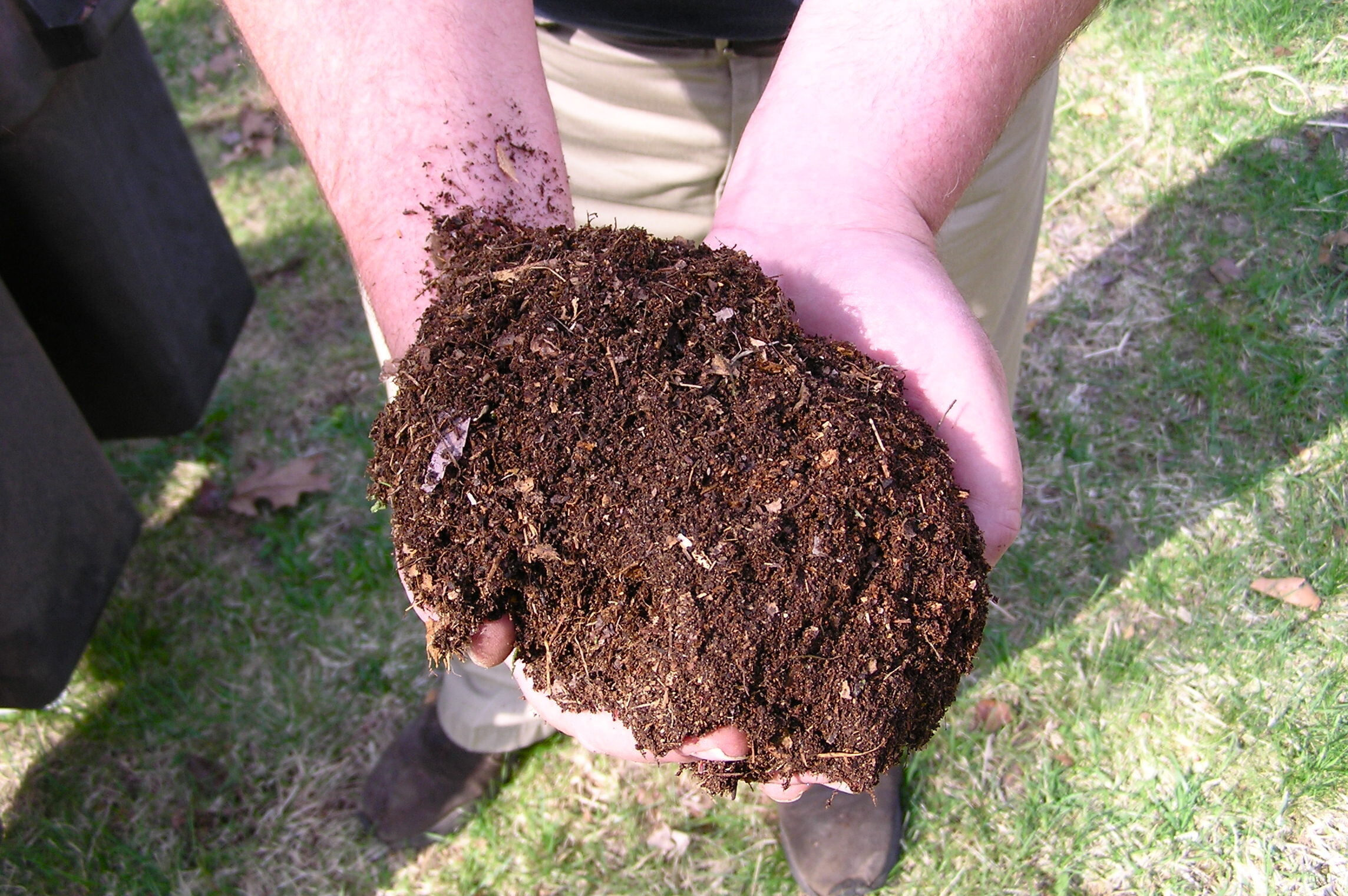Waste reduction is an essential component of sustainable living. Minimizing the amount of waste we generate can reduce our environmental impact, conserve resources, and save money. This guide will explore practical tips and tricks to reduce household waste and move towards a more eco-friendly lifestyle.
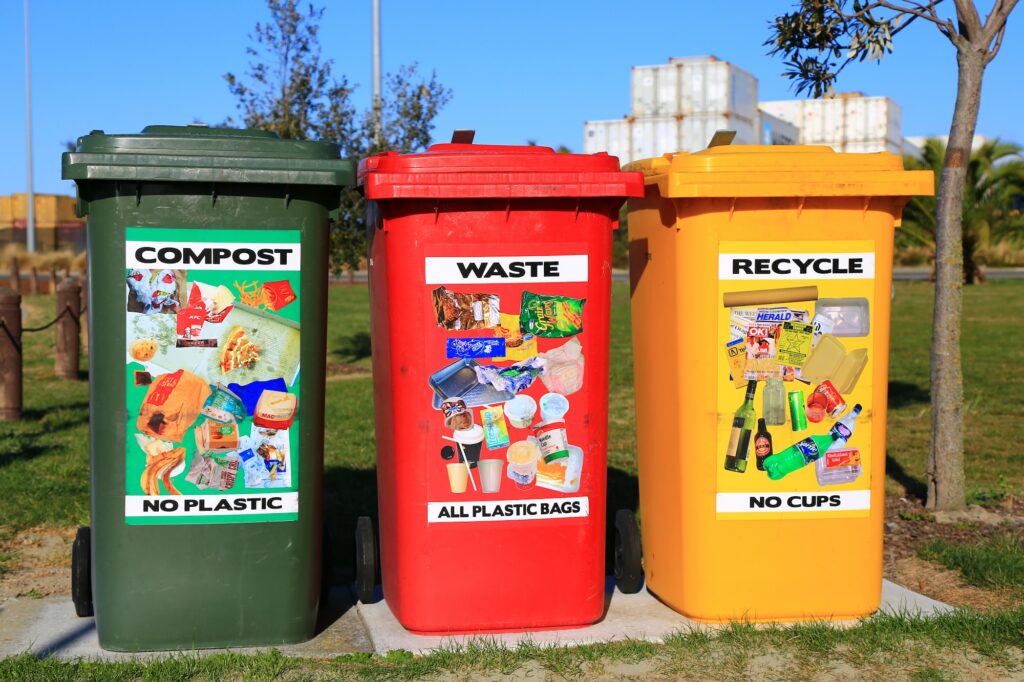
1. Adopt a Mindful Consumption Mindset
Before making any purchases, take a moment to consider if you truly need the item. By being more mindful of our consumption habits, we can prevent unnecessary waste and save money. Here are some ideas to help you be a more conscious consumer:
- Prioritize quality over quantity: Invest in durable, long-lasting products that won’t need to be replaced as frequently.
- Consider buying second-hand: Thrift stores, online marketplaces, and yard sales are great sources for gently used items.
- Borrow or rent instead of buying: Consider borrowing from friends or renting for items you’ll only need occasionally.
2. Reduce Single-Use Plastics
Single-use plastics are a significant contributor to environmental pollution and waste. To reduce your plastic footprint, try implementing the following strategies:
- Bring reusable shopping bags: Keep reusable bags in your car or bag to ensure you always have them on hand.
- Choose products with minimal packaging: Opt for products with minimal or eco-friendly packaging whenever possible.
- Use reusable containers and utensils: Invest in reusable water bottles, coffee cups, food containers, and cutlery to replace disposable items.
3. Composting
Composting is an effective way to reduce the amount of organic waste that ends up in landfills, where it generates methane, a potent greenhouse gas. By composting your food scraps and yard waste, you can create nutrient-rich compost that can be used to enrich your garden soil. Here are some composting tips:
- Choose an appropriate composting method: There are various composting methods, such as traditional compost piles, worm bins, or bokashi systems. Choose the one that best suits your needs and space.
- Know what to compost: Ensure you only add appropriate items to your compost, such as fruit and vegetable scraps, coffee grounds, eggshells, leaves, and grass clippings. Avoid adding meat, dairy, or oily foods, which can attract pests and create odors.
- Maintain a balanced compost mix: A well-functioning compost system requires a balance of “green” (nitrogen-rich) and “brown” (carbon-rich) materials. Aim for a ratio of roughly 1:3 (greens to browns) to ensure effective decomposition.
4. Recycling and Upcycling
Recycling is essential to waste reduction, as it helps conserve resources and reduce the amount of waste sent to landfills. To maximize your recycling efforts, follow these tips:
- Know your local recycling rules: Familiarize yourself with local recycling guidelines to ensure you recycle correctly.
- Rinse containers: Before placing containers in the recycling bin, rinse them quickly to remove any residue.
- Upcycle when possible: Before discarding an item, consider if it can be repurposed or transformed into something new. Upcycling not only diverts waste from landfills but can also result in unique, personalized items.
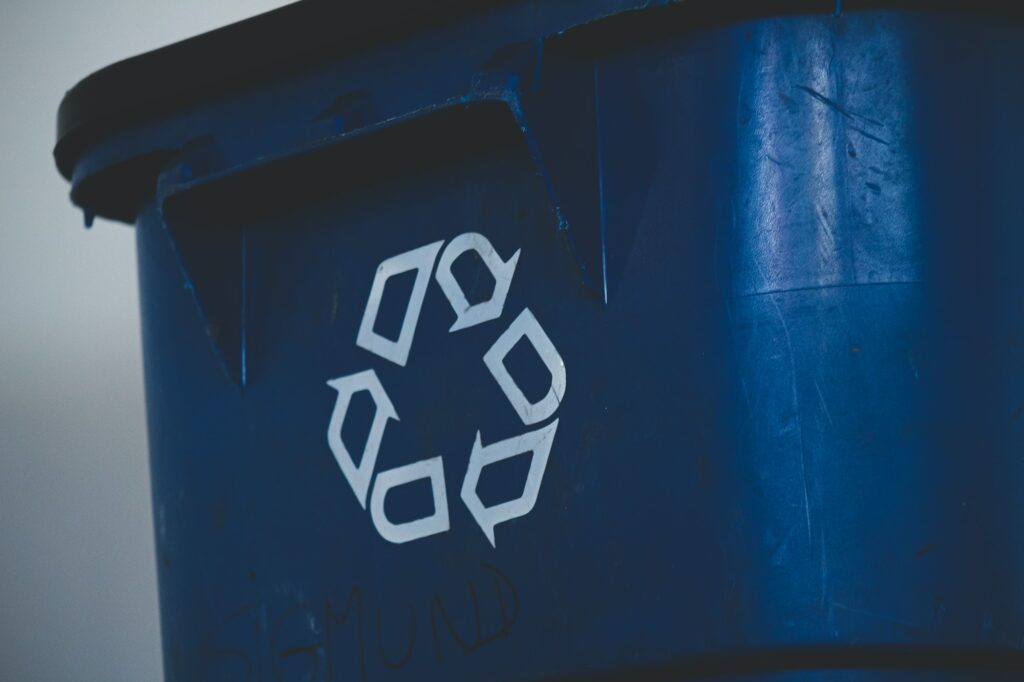
5. Plan Your Meals and Shop Smart
Reducing food waste is a critical component of sustainable living. Planning your meals and shopping smart can minimize waste, save money, and ensure you eat fresh, nutritious food.
- Plan your meals: Create a weekly meal plan to ensure you only buy what you need and can consume before it spoils.
- Make a shopping list: Based on your meal plan, create a list to help you stay focused and avoid impulse purchases.
- Shop in bulk: Purchase items in bulk to reduce packaging waste and save money. Bring your own reusable containers to further minimize waste.
- Store food properly: Learn how to store your food correctly to maximize freshness and prevent spoilage. For example, keep fruits and vegetables in separate drawers to avoid ethylene gas buildup, which can cause premature ripening.
6. Embrace DIY and Homemade Alternatives
Making your own household items and personal care products can significantly reduce packaging waste and control the ingredients used. Here are some ideas for DIY alternatives:
- Homemade cleaning products: Make your own eco-friendly cleaning solutions using simple ingredients like vinegar, baking soda, and lemon juice.
- Personal care products: Use natural ingredients to create toothpaste, deodorant, or shampoo. There are numerous online resources and recipes to guide you.
- Reusable alternatives: Replace disposable items like paper towels and makeup remover pads with reusable cloth alternatives.
7. Repair and Maintain Items
Prolonging the life of your belongings can help reduce waste and save money. Regular maintenance and timely repairs can make a significant difference:
- Perform regular maintenance: Properly care for your items, such as sharpening knives, oiling bike chains, and cleaning appliances, to ensure they remain functional and last longer.
- Learn basic repair skills: Invest time learning basic repair skills or attend workshops to become more self-sufficient in maintaining your belongings.
- Support repair businesses: If you cannot repair an item yourself, seek out local repair shops to help extend the life of your possessions.
8. Educate and Inspire Others
Share your waste reduction efforts and successes with friends, family, and community. Discussing the importance of sustainable living and offering practical tips, you can help inspire others to adopt more eco-friendly habits.
- Share your experiences: Discuss your waste reduction journey on social media, in local community groups, or with friends and family.
- Organize events: Host a clothing swap, upcycling workshop, or community clean-up event to engage and educate others.
- Advocate for change: Support local initiatives, policies, and businesses that promote waste reduction and sustainability.
Implementing these practical tips and tricks can help you significantly reduce your household waste and contribute to a more sustainable lifestyle. By embracing mindful consumption, recycling, composting, and other waste reduction strategies, you can positively impact the environment and create a greener future for all.

